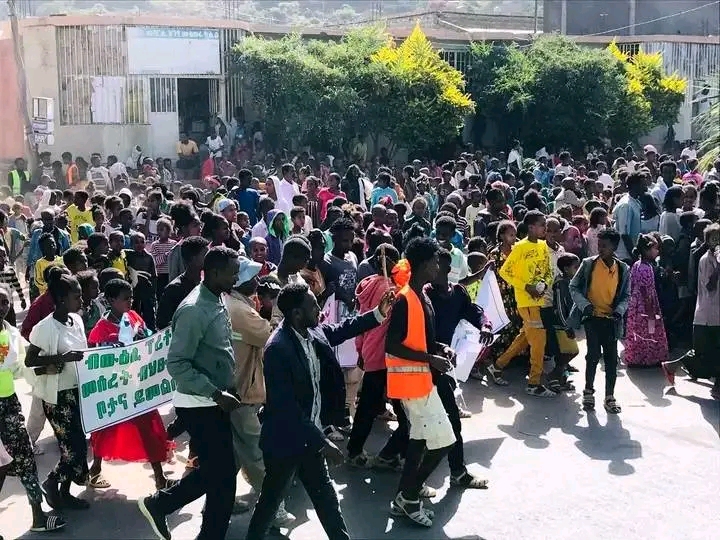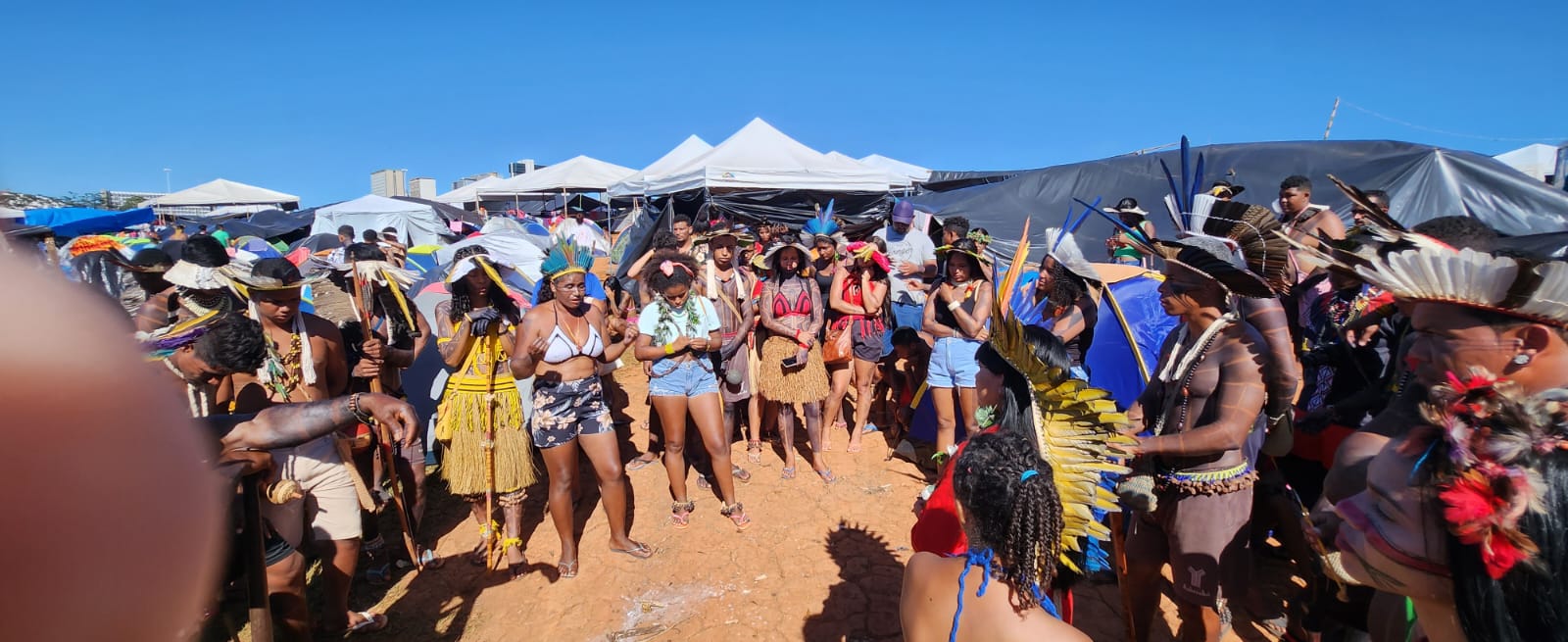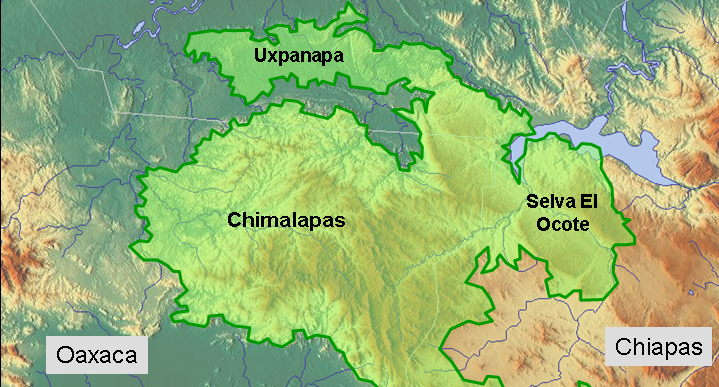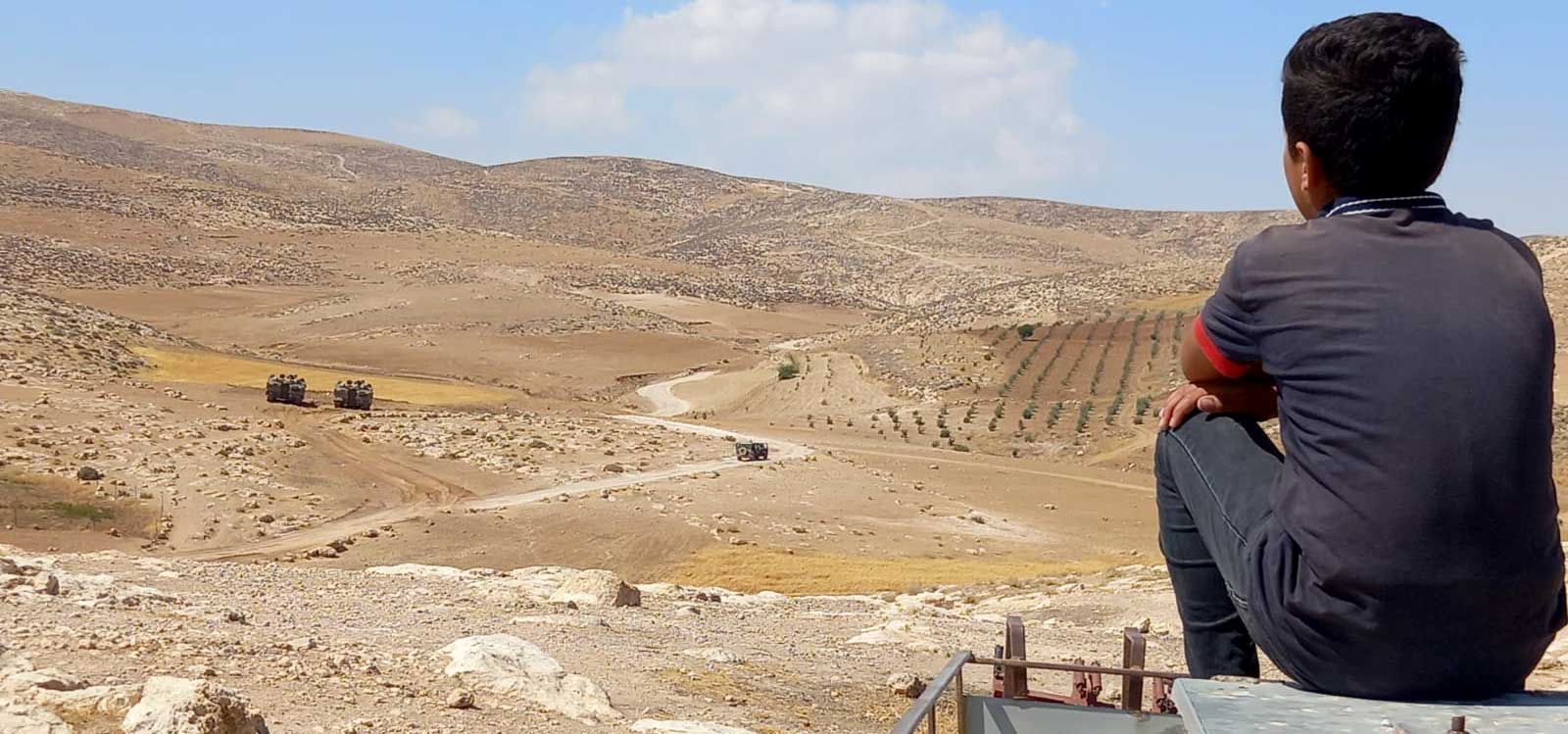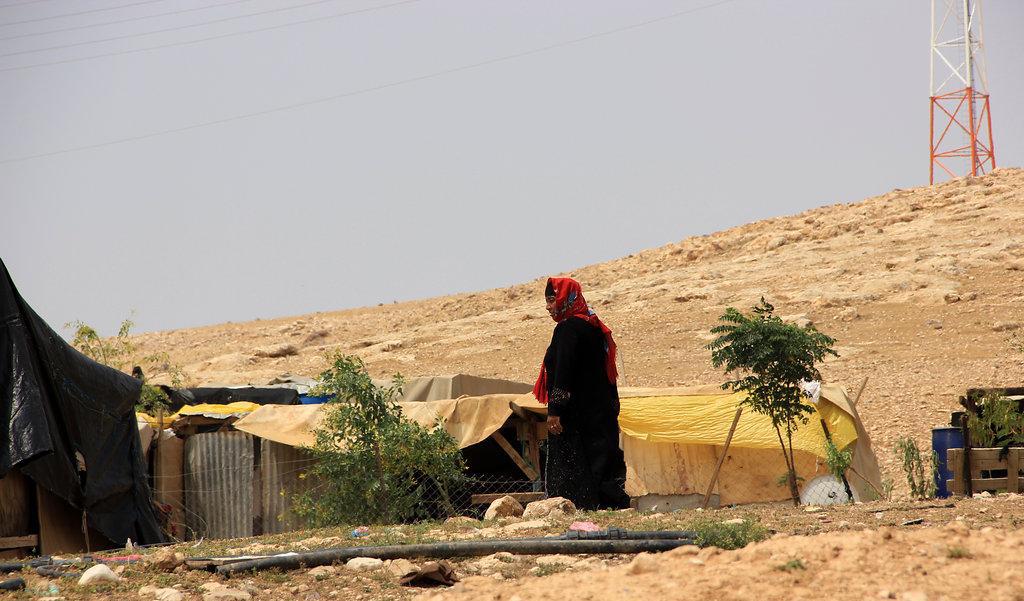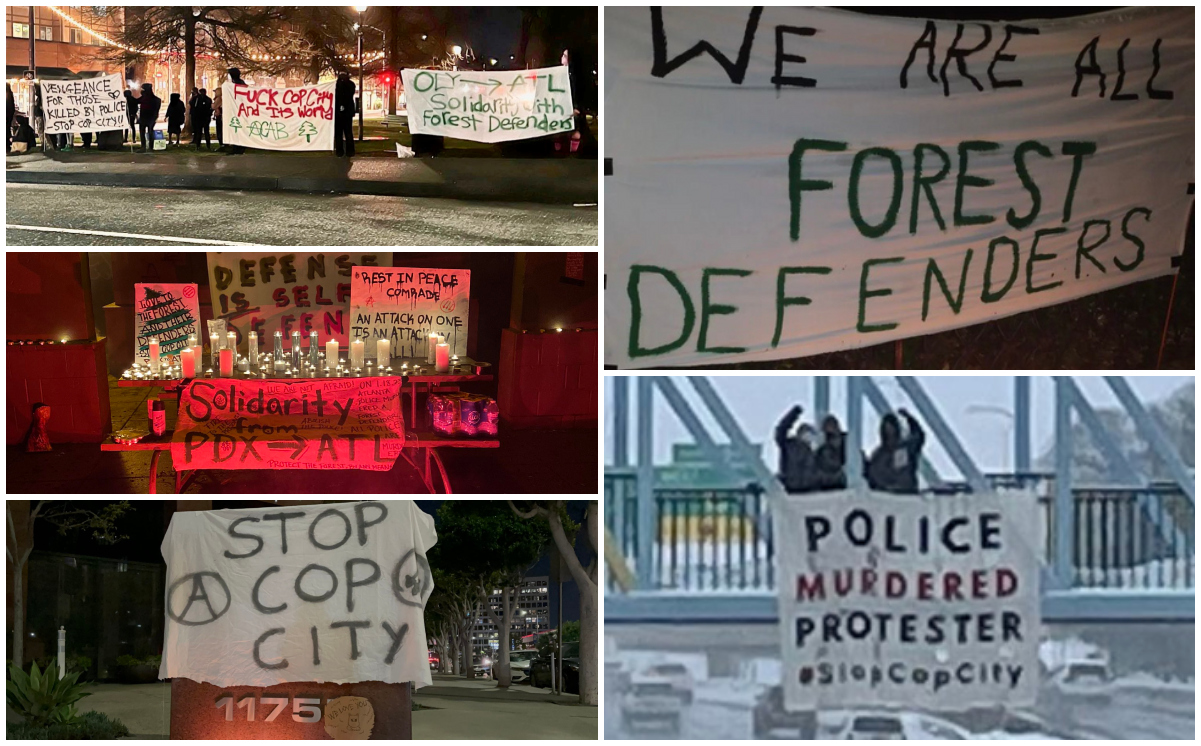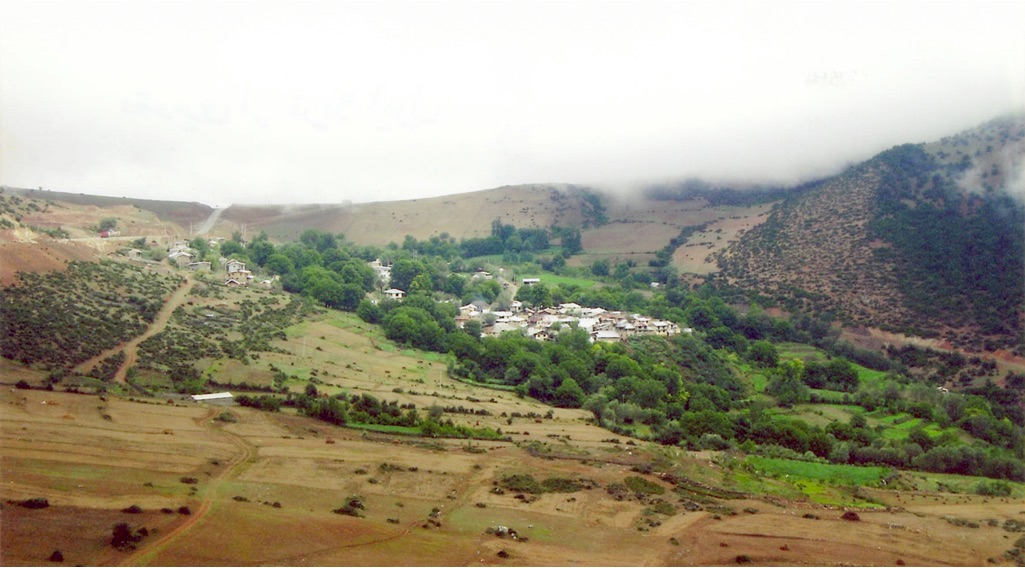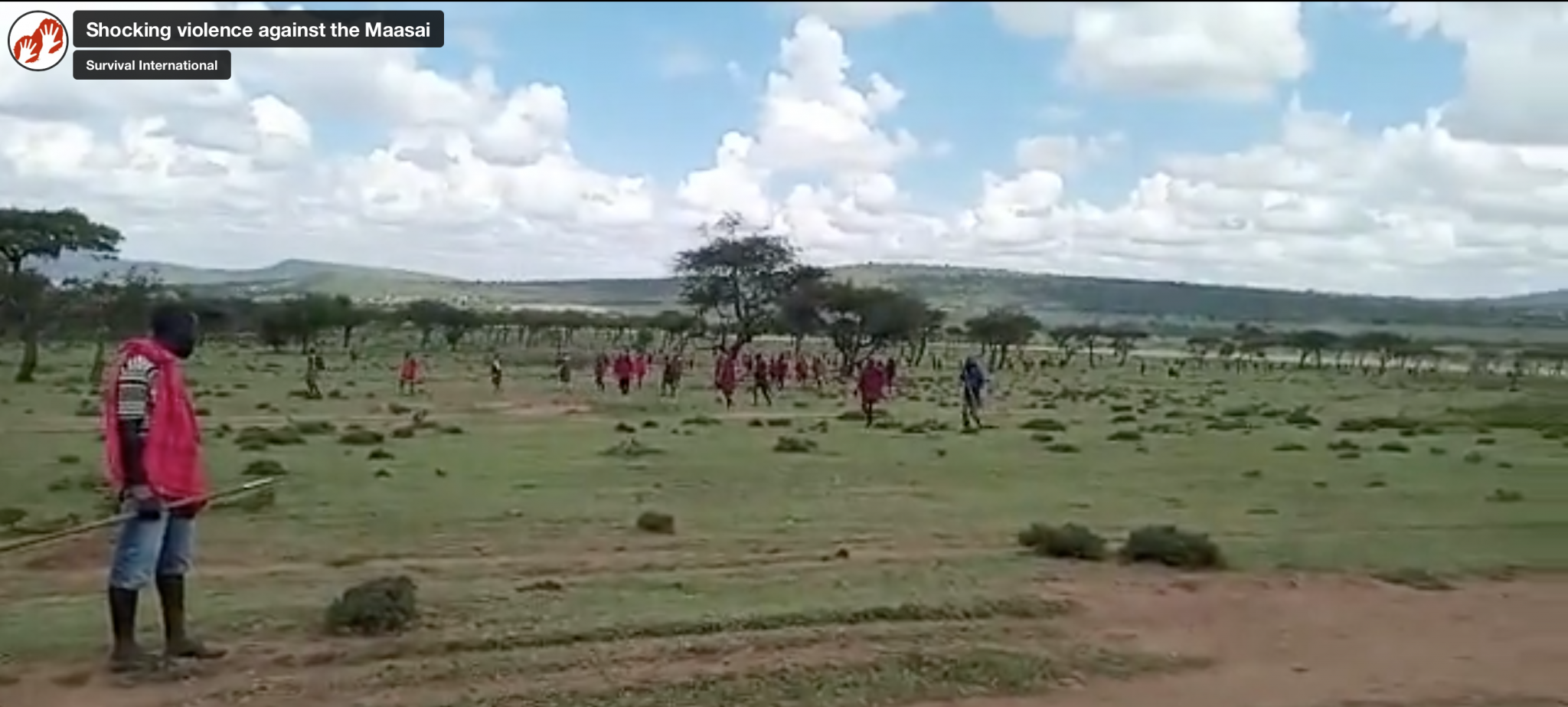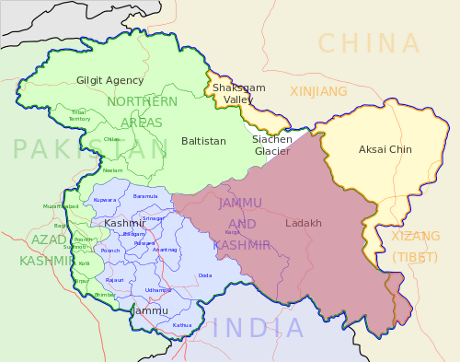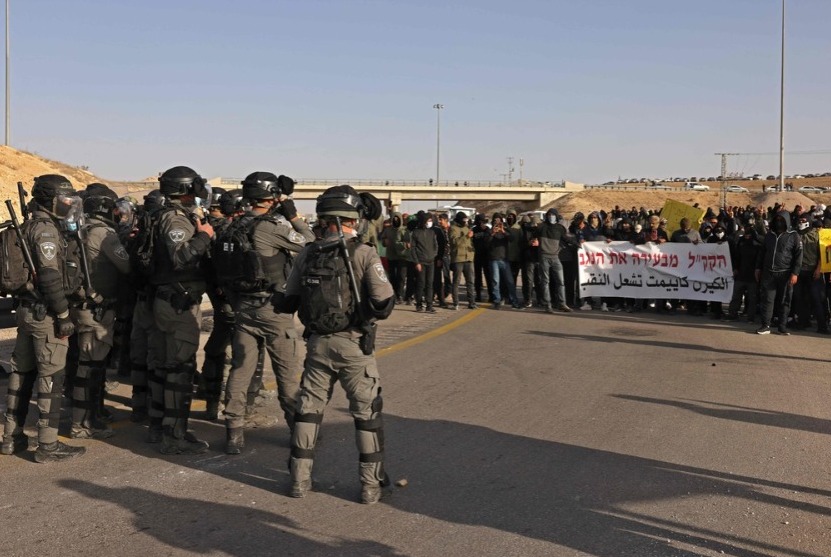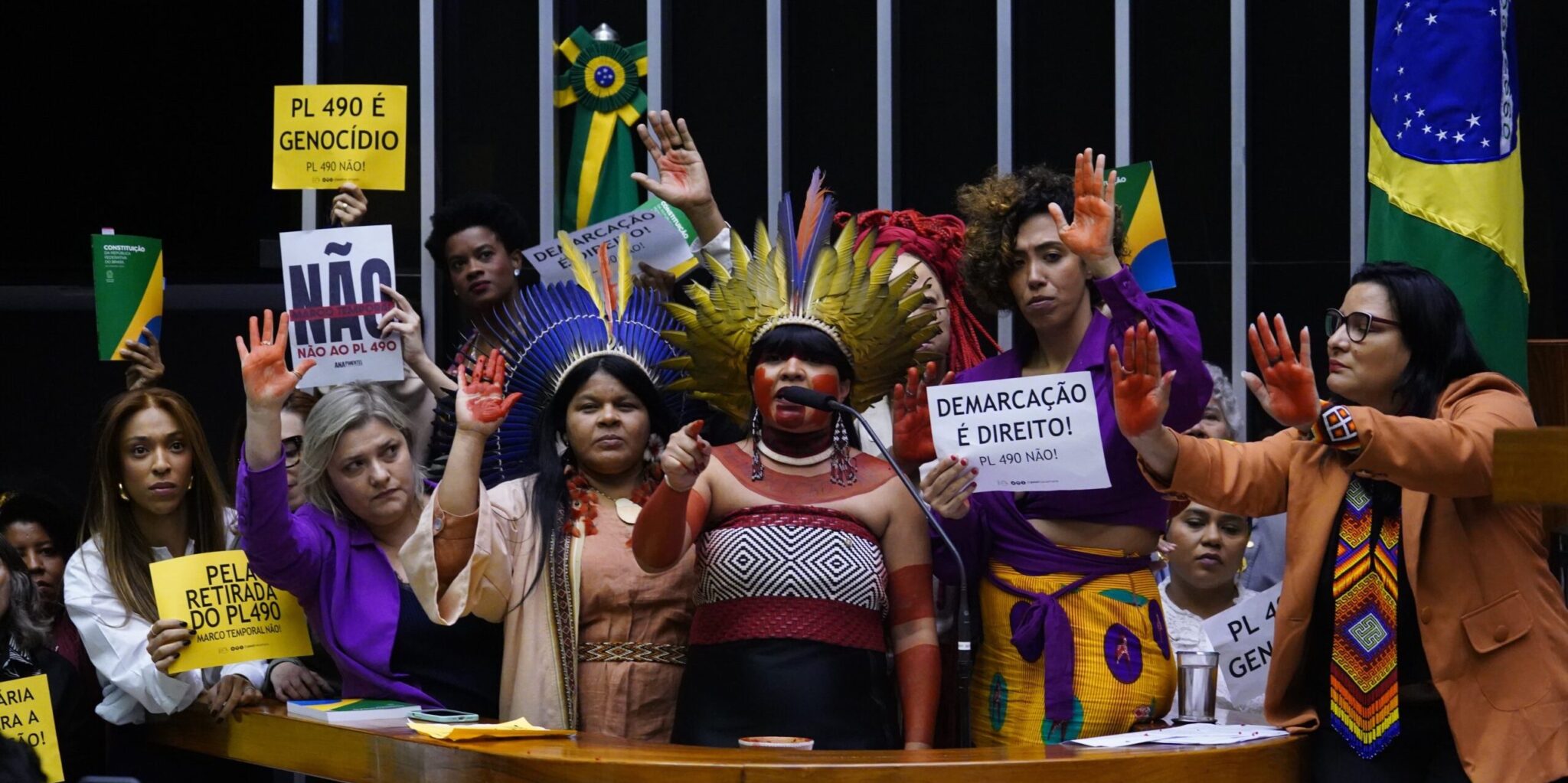
Brazil: anti-indigenous laws advance in congress
The Brazilian Congress has approved two measures that undermine indigenous land rights and clash with the environmental policy of the new President Luiz Inácio da Silva. First, the Lower House voted in favor of a bill that limits the demarcation of indigenous territories to lands that native peoples can prove they physically occupied when Brazil’s current constitution was enacted in 1988. Advocates for indigenous peoples say this marco temporal or “time limit trick” could wipe out scores of legitimate land claims by groups who had already been evicted from their traditional territories before 1988. Then, both houses approved a bill that transfers responsibility for demarcation from the Ministry of Indigenous Peoples to the Ministry of Justice & Public Security. The changes still need the approval of President “Lula” da Silva—although he may face a veto override by Congress. (Photo via Mongabay)



